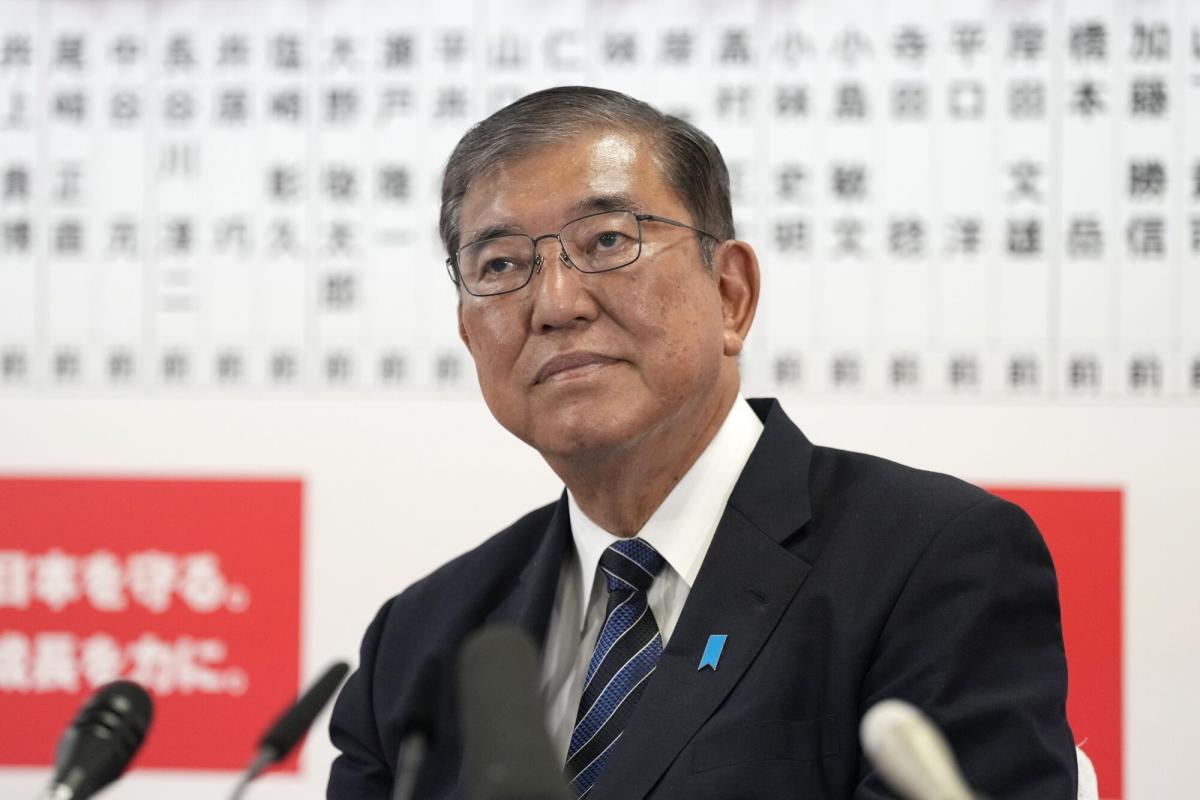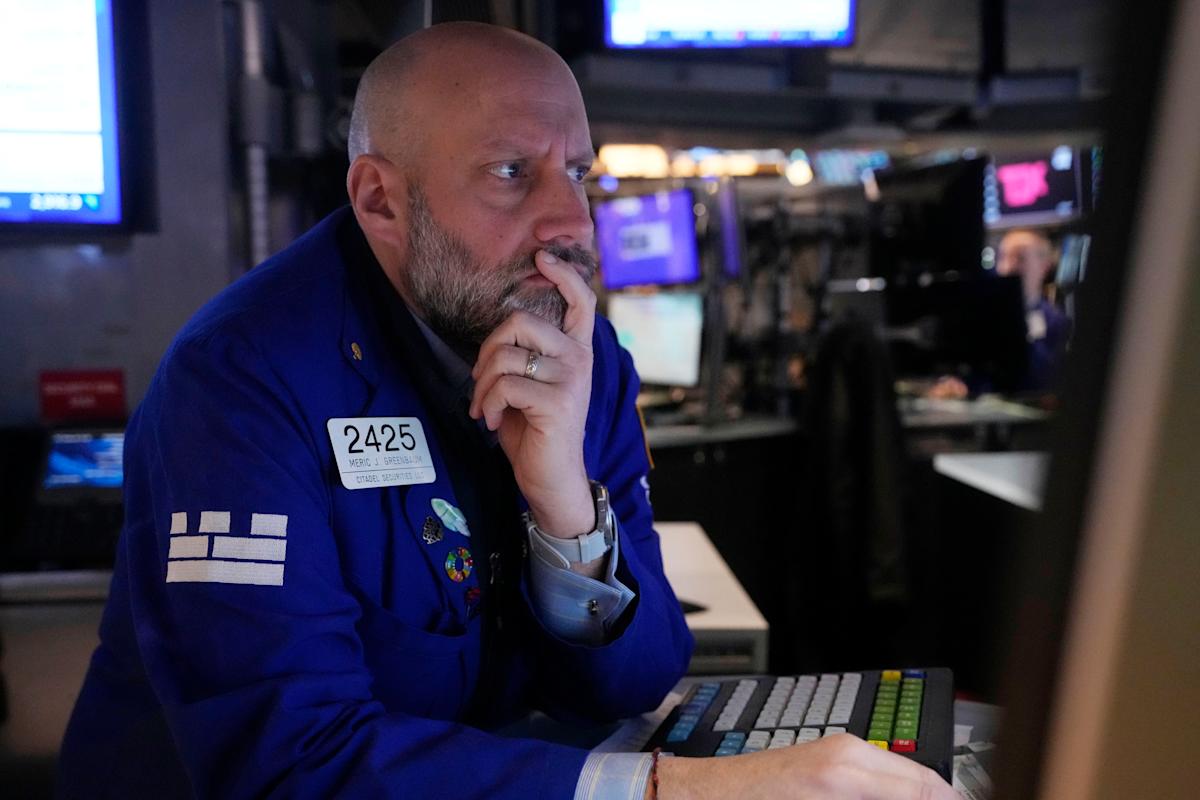(Bloomberg) — The yen extended losses to 1% while Japanese stocks climbed Monday as investors mulled the implications of the Liberal Democratic Party and its coalition partner losing their majority.
Most Read from Bloomberg
The slide in the currency as far as 153.86 against the dollar came after four straight weekly declines. That’s again raised the risk that authorities may wade back into the market to protect the yen as traders factor in when the Bank of Japan is likely to raise interest rates again given the political uncertainty.
“This result is definitely a concern for many investors, because we have no clear picture about who’s going to be leading the country,” said Hebe Chen, a market analyst at IG Markets Ltd. “The LDP is in a very difficult position and there’s no one option that can be easily settled.”
While such political instability is typically negative for equities, there is still a possibility that Prime Minister Shigeru Ishiba can secure enough support to stay on. Currency declines also tend to support the stock market.
The tech-heavy Nikkei 225 Stock Average and the broader Topix index both opened slightly lower before quickly turning to gains of more than 1%.
“This is an unexpected reaction,” said Shuji Hosoi, senior strategist at Daiwa Securities Co. “While the political risk may be increasing, there may be expectation that the Ishiba administration won’t become a lame duck immediately.”
Support for the LDP and its partner Komeito fell short of the 233 seats needed for a majority in the lower house, according to a tally by public broadcaster NHK. Surveys by other media pointed to similar results.
The currency is already the worst performer among its Group-of-10 peers this year, having depreciated more than 8% against the greenback.
Much of the currency’s weakness reflects the ultra-low level of interest rates in Japan relative to the US and other major economies. This wide gulf is unlikely to change significantly anytime soon, with the BOJ widely expected to keep its policy interest rate unchanged at a meeting that concludes Thursday.
While it is still some ways off the nadir of 161.95 set in July, the recent slide prompted Japan’s top FX official Atsushi Mimura to warn last week that he’s watching currency moves with higher sense of urgency. The pair traded at 153.77 as of 11:07 a.m. in Tokyo.
Meanwhile, Japanese stocks have been struggling since setting record highs in July.
“Markets would prefer the current coalition to win through,” said Gary Dugan, chief executive officer at Global CIO Office. “International investors just want to see the corporate sector continue on a path of restructuring without any noise from politics.”
Still, Nicholas Smith, strategist at CLSA Securities Japan Co., said it needs to be remembered that Ishiba originally said he wanted higher taxes. “The weaker the LDP is, the harder it is for him to achieve that, which is good for markets,” said Smith.
Yet, Tim Waterer, the Sydney-based chief market analyst at KCM Trade, warned of the risk of “a quagmire regarding the legislative process — a scenario which may not bode well for the yen and the Nikkei, at least in the short term.”
“The yen has been under selling pressure throughout October and a tight election result probably won’t do the Japanese currency any favors,” said Waterer.
–With assistance from Hidenori Yamanaka, Momoka Yokoyama, Matthew Burgess, Michael G. Wilson, Umesh Desai, Mia Glass, Hideyuki Sano, Daisuke Sakai, Alice French, Saburo Funabiki and Masahiro Hidaka.
(Updates comments and market prices.)
Most Read from Bloomberg Businessweek
©2024 Bloomberg L.P.


